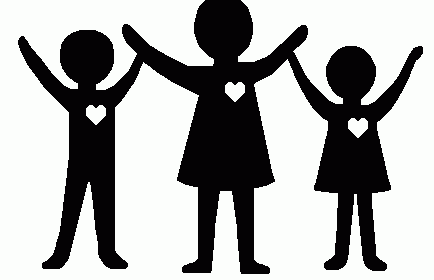
News

Child abuse: community is urged to stand up
ELIANA CLINE
Three panelists, all acclaimed experts in their respective fields, addressed the audience.
Rabbi Avraham Union, a rabbinic judge in Los Angeles who is director of the LA Rabbinic Association’s religious court, heading a task force for abuse victims, emphasised the biblical imperative that obligates individuals to stand up for victims.
“It’s not enough to say 95 per cent of our community is safe. If we don’t look after the five per cent then it’s not good enough.”
Luke Lamprecht, a child advocate, outlined the relational context and psychological workings of an abuser.
“For abuse to occur, there has to be secrecy. These are nice people; anyone sitting in this room can be one of them.”
He strongly opposed the notion that perpetrators are mentally ill. “These people function highly in all other areas of their life. To claim mental illness abdicates responsibility for their actions.”
Lawyer Sunette Potgieter detailed the available legal options for when abuse has taken place or is taking place.
It was, however, the open forum for questions from the audience which garnered the most emotion and calls for change. With a force and frankness that surprised both the panelists and organisers, the audience expressed their frustration at the lack of visible action and protocols in place within the community.
Issues included the perceived unwillingness of leaders to stand up against influential people who are themselves perpetrators. The recent exposure of Sidney Frankel’s alleged abuse of children in our own community is just one example of how money and status afforded a perpetrator immunity from his actions for many years.
Survivors of abuse also shared their experience within the system and were loudly applauded for their bravery.
While the mood was volatile, letting off steam was not the goal. It was clear that the Johannesburg community was not willing to sweep these issues under the carpet anymore and wanted a commitment from all community leaders to stand up for victims.
They also understood that this cannot be the sole responsibility of organisations. “What can we do to protect our community?” was asked repeatedly.
It was only the power of each of our voices which would change things, Lamprecht said in response: “Abuse will stop when we become the eyes and speak up about things which don’t seem right. It will stop when we make it clear to our leaders that we will not tolerate it anymore and when perpetrators cannot operate easily because the community is constantly aware (of what is taking place).”
Koleinu SA, which organised the event, responds effectively to all forms of abuse and works closely with organisations such as Kidsafe SA, Chevrah Kadisha Social Services and the Teddy Bear Clinic.
It has an anonymous helpline which offers support and referrals to adult victims of abuse. It is also building a database of lawyers who are willing to assist women in abusive situations, at no cost. Awareness programmes for schools, parents and professionals take place regularly.
Koleinu’s next focus is empowering rabbis to recognise and respond effectively when confronted with a victim of abuse.
“Rabbis are the first point of call in most situations and need to be educated,” says Wendy Hendler, Koleinu SA co-founder.
An independent body to handle these issues is also in the pipeline. “This task force will have clear protocols on how to address these issues and take the appropriate action. These will be developed according to Jewish, legal and psychological guidelines in consultation with field experts,” says Hendler.





Heather becker
July 3, 2015 at 7:28 am
‘Anyone who is working with young children,who ever they are should have police clearance.
especially venerable children,these children need special
protection.
As we all know pushing this problem under the carpet will not make it go away.
I am glad it is being discussed openly.’
Denis Solomons
July 6, 2015 at 10:11 am
‘\” venerable \” surely you mean vulnerable children ? !’